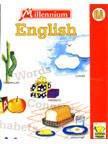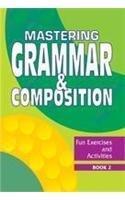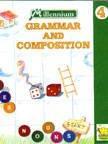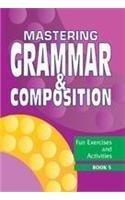

Download App
| >> | LShop | >> | Book | >> | Society & Social Sci... | >> | Education | >> | The Competition Betw... |

The Competition between Polyphosphate-Accumulating Organisms and Glycogen-Accumulating Organisms: Temperature Effects and Modelling: UNESCO-IHE PhD Thesis
-
ISBN
:
9780415558969
-
Publisher
:
CRC Press
-
Subject
:
Education, Earth Sciences
-
Binding
:
PAPERBACK
-
Pages
:
258
-
Year
:
2009
₹
8512.0

₹
8512.0
Buy Now
Shipping charges are applicable for books below Rs. 101.0
View DetailsEstimated Shipping Time : 5-7 Business Days
View Details-
Description
The over-enrichment of surface water bodies with phosphorus compounds can lead to eutrophication resulting in reduced photosynthetic activity, oxygen depletion, production of toxic compounds and, ultimately, loss of plant and animal species. Due to relatively high removal efficiency, economy and environmentally-friendly operation, enhanced biological phosphorus removal (EBPR) in activated sludge wastewater treatment systems is a popular technology to control and prevent eutrophication in surface water bodies. EBPR can be implemented by promoting the enrichment of the system with polyphosphate-accumulating organisms (PAO). However, EBPR process may suffer of instability and unreliability experiencing process upsets, deterioration and even failure. Among other factors, the appearance of glycogen-accumulating organisms (GAO), which compete with PAO, has been hypothesized to be the main cause of deterioration of the EBPR process performance. In this research, the effects of key environmental and operating conditions influencing the PAO-GAO competition were addressed through undertaking different studies at both lab- and full-scale and by applying mathematical modelling. It contributes to get a better understanding aboutthe factors affecting the PAO-GAO competition and, thus, the stability and reliability of the EBPR process in activated sludge systems. The findings obtained in this research may prove useful towards optimization of full-scale EBPR plants.
-
Author Biography
Carlos Manuel LxF3;pez VxE1;zquez graduated in 1999xA0;at the Faculty of Engineering, Autonomous University of the State of MxE9;xico (UAEMxE9;x), in Toluca, MxE9;xico. He received the Masters degree on Water Sciences (cum laude), in 2002 at the Interamerican Center for Water Resources, Faculty of Engineering, at the same university. For outstanding academic achievement, he was awarded different prizes, grants and scholarships including the x2018;Ingenieros Civiles Asociados (ICA) Scholarshipx2019; in 1998 to the best students of Civil Engineering and the x2018;Ignacio Manuel Altamirano Basilio Prizex2019; in 2001 given to the best MSc. student of the Faculty of Engineering. In 2003, he was awarded a grant by the National Council for Sciences and Technology (CONACYT) from Mexico to carry out his doctoral studies, which started in 2004 in a joined project between UNESCO-IHE Institute for Water Education and the Environmental Biotechnology group of Delft University of Technology (TUDelft). The results of his PhD research are presented in this thesis.
Related Items
-
of












 8512.0
8512.0






 135.0
135.0











